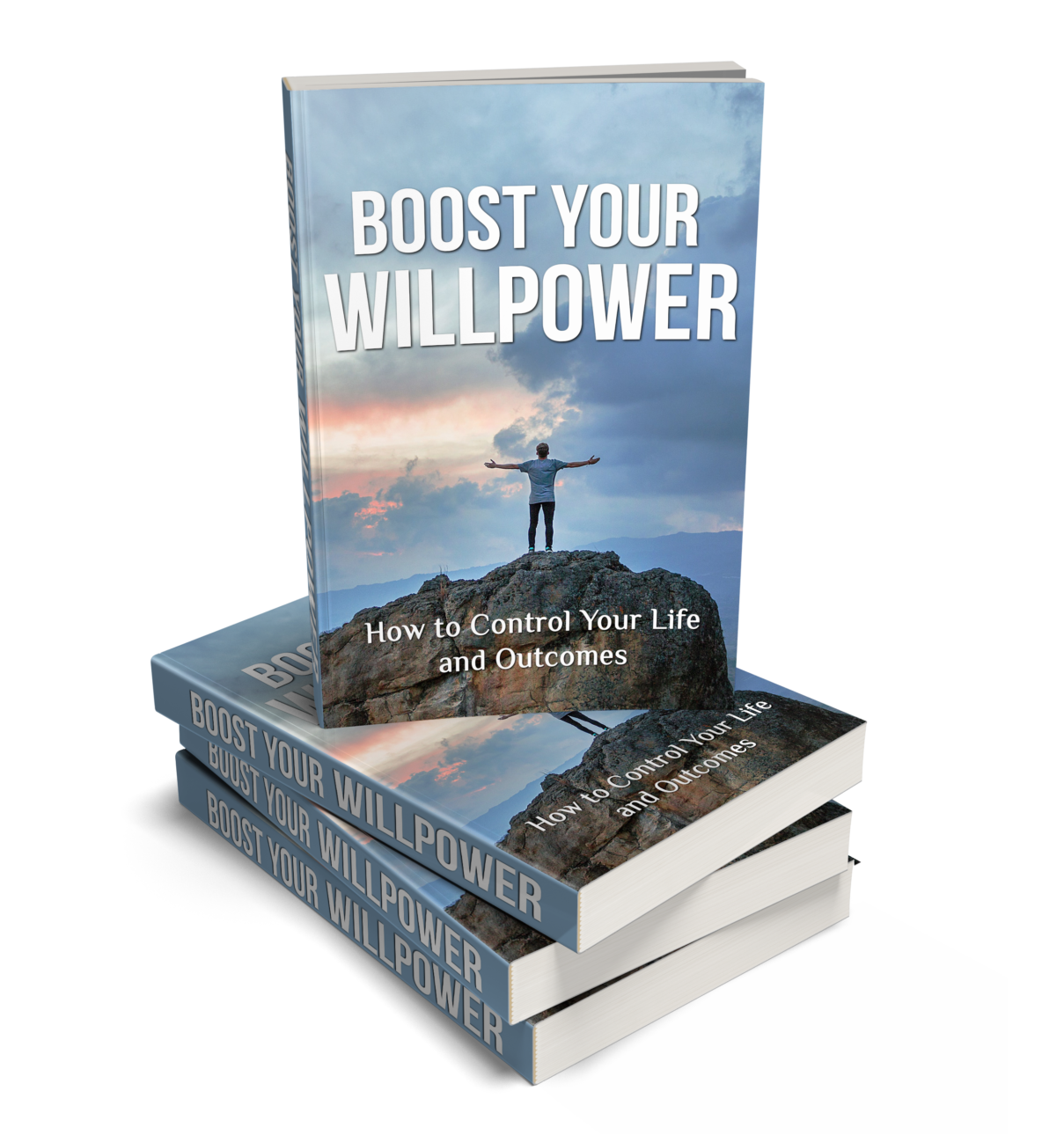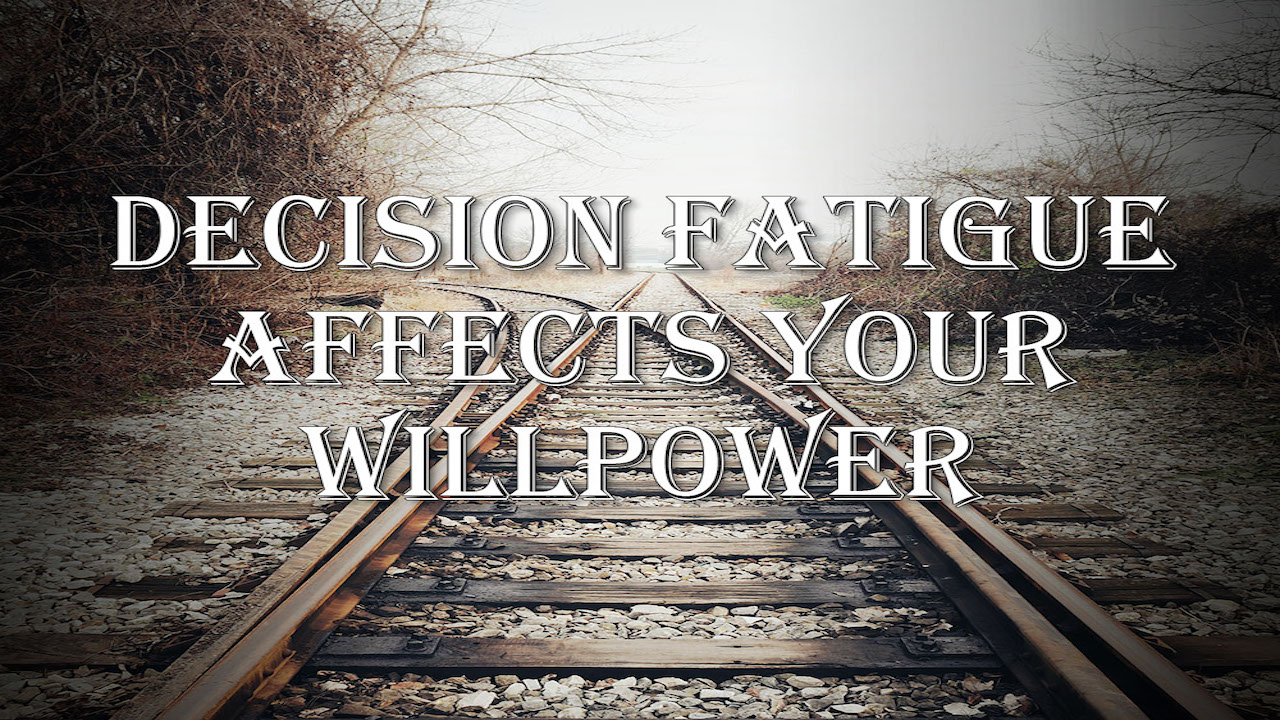With so many things to do and lots of responsibilities to think about, be it at home or in the workplace, it’s easy to feel drained as you approach the end of your day.
That is especially true if you have plenty of choices to decide on.
Before you realize it, you’ve used up all your brain energy when it’s not even the end of your shift yet.
Worse, you’re far more likely to make mistakes towards the latter part of the day. That’s what we call decision fatigue. It is when you’re already out of energy, you’re losing focus, and you have depleted willpower, leading to bad choices and decisions.
With a lack of willpower, you tend to make more impulse decisions, take shortcuts, or simply give up. Decision fatigue can affect your life more than you might expect.
Now, let’s take a look at some of the steps you can take to avoid or at least reduce decision fatigue:
Make a Plan and Set Reminders
One of the major culprits of decision fatigue is the need to make choices and decisions on the many things that occur within the day. Automating as much as possible can greatly reduce your mental effort. If you can plan in advance, it will minimize your energy spent on making decisions.
For instance, you don’t have to think about what you’re going to cook for dinner tonight when you’ve already planned for the week’s meal schedule. Every weekend, create a meal schedule for the next few days and buy the necessary ingredients that you’ll need.
Set reminders on a calendar or phone app. This will help prevent nasty surprises, which always demand extra mental effort due to their urgency. Part of making a plan is setting a deadline for some decisions. For example, when you’ve wanted to take your family to a vacation, set a deadline on when you should have picked a place to go and when you would buy the tickets. It will lessen the trouble of having to make a decision under pressure when the time is almost up.
Don’t Make Decisions on an Empty Stomach
When you’re about to make a big decision, make sure that you have eaten something healthy. When you’re hungry, your body releases ghrelin, a hormone that decreases your impulse control and can affect your decision-making negatively.
Make important decisions when you not under either dietary or time pressure. When you don’t have the luxury of choosing the place or time, at least make sure you at least have a healthy snack in advance.
Simplify Your Choices
More often than not, people tend to complicate things unnecessarily, which can easily lead to decision fatigue. To combat that, you must simplify your choices. If you are thinking of what food to order for lunch, narrow down your options to three, and then choose from your shortlist.
If dressing up in the morning eats up a lot of your time because you can’t decide which clothes combination to wear, simplify it. Take a leaf from former former US President Barack Obama, who wears only gray shirts or blue suits. That lessens the decisions he has to make, given that he was managing a whole nation.
Build Your Momentum
Your willpower can be anchored best to the momentum that you’ve built. Momentum will make you feel in control, so you will do things to your best capacity. You can build your momentum by making a list of priorities and doing the most important task first.
You can also batch your work, which means grouping similar tasks together. For example, you can do strategizing on Mondays, read emails after lunch instead of when they arrive, do creative tasks on Wednesdays, etc. It will help you establish a routine, which reduces the need to make several small decisions that can lead to fatigue.
Take a Power Nap
When you start to feel tired and you have already stuck with one task for longer than you would have liked, don’t push yourself too hard. Listen to your body and take a power nap. Doing so will give your brain a quick break, helping you reset your mental space. When you wake up, you will feel a little bit recharged, and your brain can process information better.
Reduce Distractions
Have you ever wondered why ideas come to you while you’re in the shower? That’s because you’re far from distractions and chaos. Distractions lead to decision fatigue because there’s so much competing for your brainpower. Pulling back from the chaos gives your brain a break, so you don’t make impulse decisions.
The Takeaway
Decision fatigue happens when your brain has too much to think about and decide on, especially many small ones. It crushes your willpower or your ability to make sound decisions. Instead, you give in to impulses or make bad choices that could have a detrimental effect if you are not careful.
Keep in mind the tips above to avoid decision fatigue and keep yourself productive and in control.
Special Offer!
You Will Find This Course In You Earth Plus
Coming Soon
Is A Lack of Willpower Holding You Back From All That You Know You Could Be?
If you could overcome temptation and distractions, how much more productive and happier could you be?

The application of what most people consider willpower, or its absence, is a very large part of what sets successful and happy people apart from the rest.
Willpower Is Not A Trait You Are Born With!
Willpower is a critical life skill that you can learn and improve!
We know that our lack of willpower has cost us dearly at times, whether in regard to health, finances, personal relationships or any other aspect of our lives.
Understanding the importance of willpower should be part of a life instructions handbook we all wish we had been given at birth!
But here we are now, and each of us, with few exceptions, has the choice and the opportunity to bolster their willpower.
The potential benefits of doing so are huge in all areas of life, but they all contribute to more success, less stress and greater happiness.
You will also learn –
- How decision fatigue crushes your willpower.
- How empowerment and motivation affect willpower.
- Why and how we can lose our willpower.
- How the right mindset fortifies your self-control.
- How to combine motivation and discipline to compound their benefits.
- That you do not have to accept your current state, and just how much power you have to nurture and improve your willpower.
- And much more!



